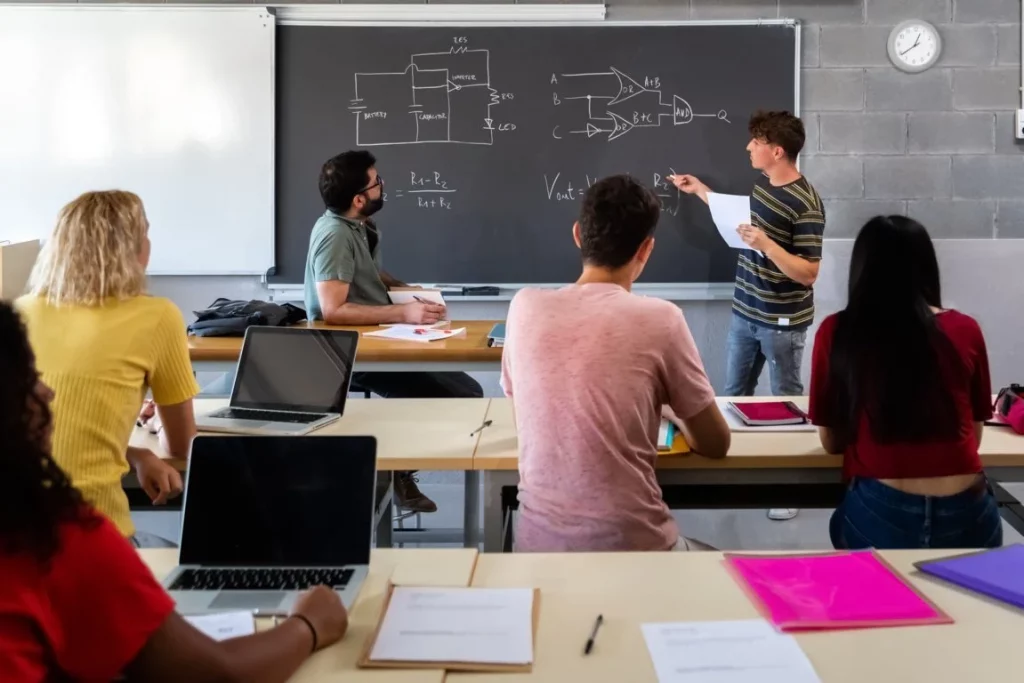is the stage of formal education that follows primary education and precedes higher education. It is typically offered to students between the ages of 11 and 18, although the specific age range may vary depending on the educational system and country.
The purpose of secondary education is to greatessaywriting.net provide students with a well-rounded education that prepares them for higher education or the workforce. It aims to develop their intellectual, social, and emotional skills, while also fostering critical thinking, creativity, and independence.
The curriculum of secondary education varies from country to country, but it typically includes a core of subjects such as English, mathematics, science, social studies, and foreign language. Students may also have the opportunity to take elective courses in subjects such as art, music, computer science, and physical education.
In some countries, secondary education is compulsory, while in others it is optional. In countries where secondary education is compulsory, students are required to attend school until they reach a certain age or grade level.
There are many different types of secondary schools, including public schools, private schools, and magnet schools. Public schools are funded by the government and are open to all students. Private schools are funded by tuition and are typically more expensive than public schools. Magnet schools are public schools that specialize in a particular subject or area of study.
After completing secondary education, students have a number of different options. They may go on to higher education, enter the workforce, or take a gap year.
Secondary education is an important stage in a person’s education and development. It provides students with the knowledge and skills they need to succeed in life.
Here are some of the benefits of secondary education:
- It helps students develop their intellectual skills, such as critical thinking and problem-solving.
- It helps students develop their social skills, such as communication and teamwork.
- It helps students develop their emotional skills, such as self-awareness and resilience.
- It prepares students for higher education or the workforce.
- It helps students become more independent and responsible.
- It helps students develop a lifelong love of learning.
If you are considering secondary education, there are a few things you should keep in mind. First, you should choose a school that is a good fit for you. Consider the size of the school, the location, the curriculum, and the extracurricular activities. Second, you should make sure that you are prepared for the academic rigor of secondary school. Third, you should be willing to work hard and challenge yourself.
Secondary education can be a challenging but rewarding experience. It is an opportunity to learn and grow, and to prepare for the future.

